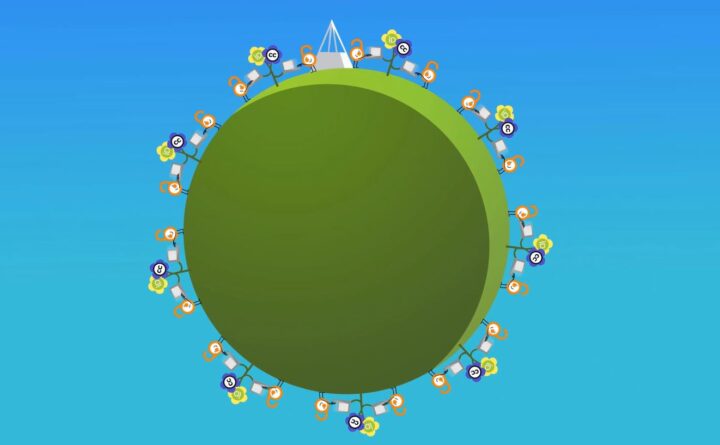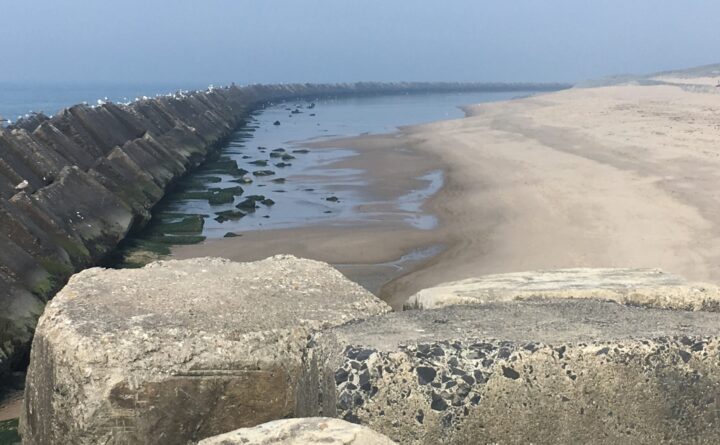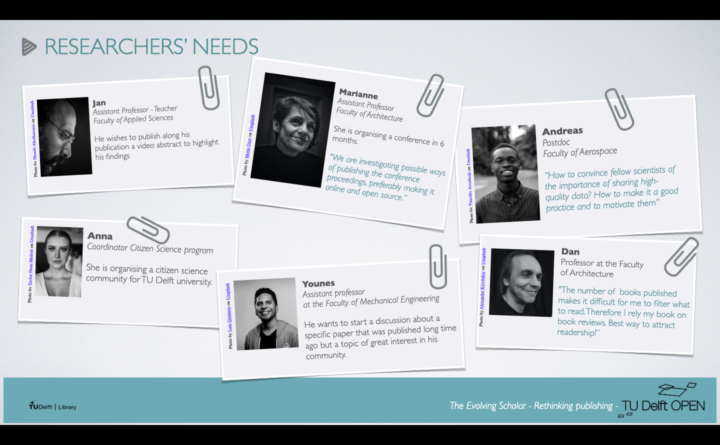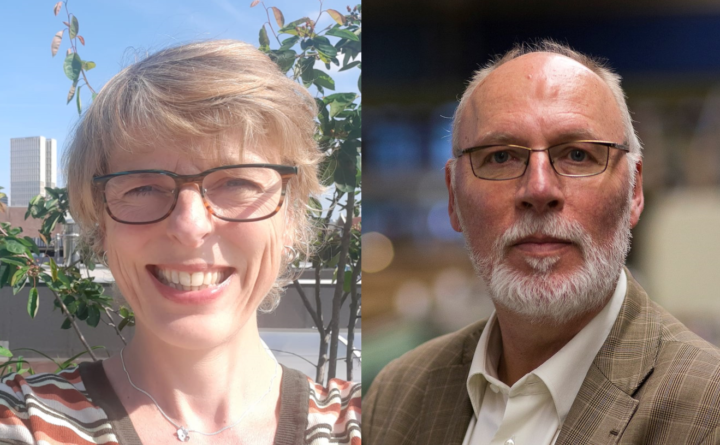TU Delft OPEN Publishing and printed books TU Delft Open Publishing –established 2019- is determined to become an active player in publishing high-quality reviewed books by TU Delft authors and TU Delft editors. Books can manifest as monograph, conference collection bundle, textbook or edited volume. Agreements that regulates the responsibilities between authors, editors and TU..
Category: Open Access - page 6
As climate change and sea level rise impact coastal regions around the world, coastal engineering will play an increasingly important role in addressing the related challenges. With that in mind, Dr. Bas Hofland, Associate Professor of Coastal Engineering at the Faculty of Civil Engineering and Geosciences helped to launch the Journal of Coastal and Hydraulic..
Stations are vital parts of national and urban infrastructure. As metropolitan areas grow and evolve, so must the transportation centres that serve them. Considering changing modes of mobility, sustainability concerns, and societal needs, what should the station of the future look like? Dr. Manuela Triggianese, Assistant Professor at the Faculty of Architecture and the Built..
There is so much happening in scholarly communications! We know about the raised problems of researchers in the publishing landscape, about the lack of transparency and visibility or the gaps in recognition of their work, like peer-reviewing, within the research assessment. On the other side, cOAlitionS announced their intentions of returning the public money to..
Approximately half the world’s population lives and works within a couple of hundred kilometres of a coastline – there is a thirst for coastal dynamics knowledge at every shore. This is why, since its publication in February this year, the open textbook Coastal Dynamics by Dr. Judith Bosboom, senior lecturer Coastal Engineering at the Faculty of Civil Engineering and Geosciences, and Prof. Marcel Stive, Emeritus Professor of Coastal Engineering, has now been downloaded almost 4000 times in more than 36 countries. The new..





